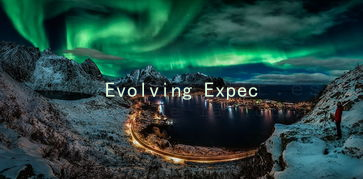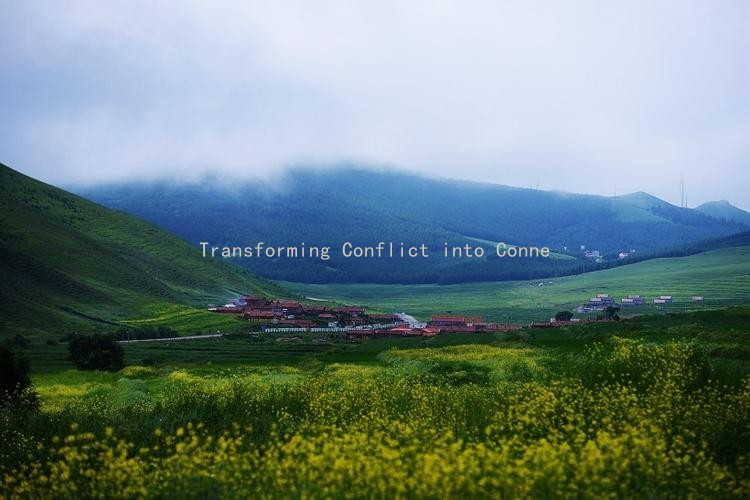Evolving Expectations: Relationship Skills for a Post-Pandemic World
In the wake of the pandemic, the dynamics of relationships have transformed significantly, prompting a re-evaluation of our approaches to love and connection. The isolation experienced during lockdowns brought about profound changes in our expectations, communication styles, and the way we engage with potential partners. Understanding these evolved expectations and honing essential relationship skills are crucial for navigating the complexities of modern romance.
One of the most notable shifts has been in the area of communication. Virtual interactions, which became the norm during the pandemic, have changed how we express our feelings and intentions. In a post-pandemic world, it is vital to embrace transparency and openness. Couples and individuals looking to connect should prioritize honest conversations about their feelings, needs, and boundaries. This practice not only fosters trust but also ensures that both parties are aligned in their relationship goals.
Moreover, active listening has gained renewed importance. With distractions all around us, especially in digital spaces, the ability to truly listen to a partners thoughts and feelings can significantly enrich a relationship. Practicing active listening involves focusing entirely on the speaker, acknowledging their feelings, and responding thoughtfully. This skill enhances emotional intimacy and strengthens the bond between partners, making each individual feel valued and understood.
As people navigate the dating scene post-pandemic, it is essential to embrace flexibility and adaptability. The uncertainty generated by the pandemic taught us that plans can change in an instant. In relationships, this means being open to revising expectations and understanding that every individual is on their own journey. The ability to adapt when challenges arise shows resilience and commitment to the partnership, laying a solid foundation for mutual support and growth.

In terms of dating, self-care has emerged as a key focus. Many individuals have learned the importance of prioritizing their mental and emotional wellbeing. Carrying this practice into dating is crucial; individuals should engage in relationships that enhance, rather than hinder, their personal development. Approach dating with the mindset of enriching each others lives, instead of solely seeking fulfillment from the relationship. This perspective can mitigate disappointments and foster a healthier atmosphere for romance.
In light of these evolved expectations, couples should build their relationship skills around vulnerability. The pandemic highlighted the significance of emotional safety, where partners feel free to share their fears, insecurities, and desires without judgment. Practicing vulnerability can lead to deeper connection and understanding, transforming a relationship into a safe space where both partners can thrive.
Finally, it’s vital to recognize the importance of setting realistic expectations. The fairy-tale image of relationships can lead to disappointment when faced with real-world challenges. Understanding that every relationship has its ebb and flow can help individuals approach love with a more grounded perspective. Couples should openly discuss their expectations and be willing to adapt them based on life circumstances, personal growth, and evolving dynamics.
In conclusion, relationships in a post-pandemic world demand a new set of skills and adaptations. By prioritizing open communication, active listening, flexibility, self-care, vulnerability, and realistic expectations, individuals can foster healthier, more fulfilling connections. As we continue to navigate the complexities of modern romance, embracing these evolved relationship skills will pave the way for deeper, more meaningful partnerships that stand the test of time.





